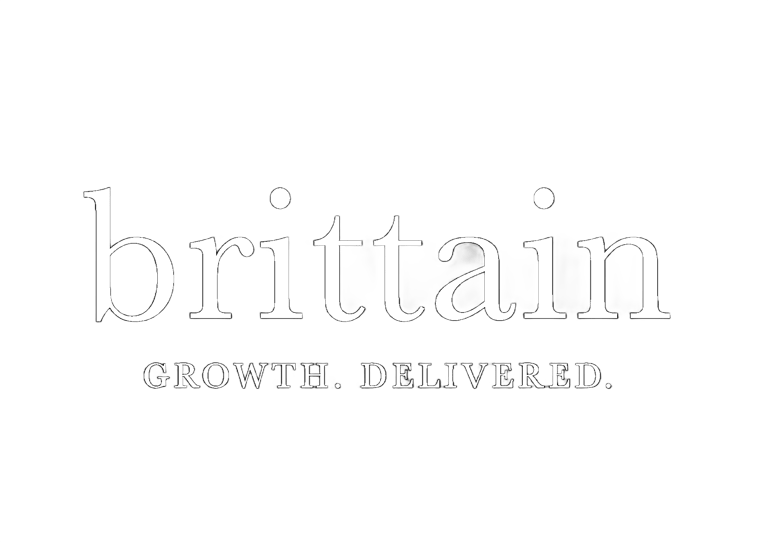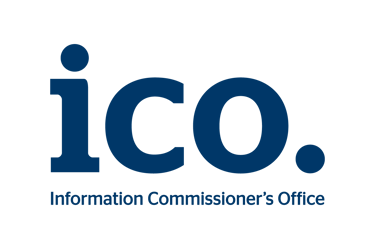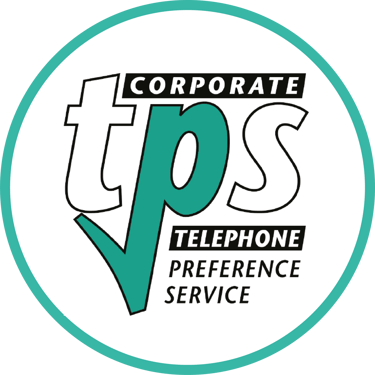Time And Resources Stretched? You Need to Outsource
Understanding the Demands of Telemarketing
Telemarketing is a sales strategy that involves reaching out to potential customers via telephone to promote products or services. This method is defined not only by the calls made but also by the considerable time and effort it demands from organisations looking to succeed in their outreach efforts. Telemarketing requires a systematic and organised approach that begins with thorough planning and extends throughout each call made to prospects.
A key aspect of successful telemarketing is the development of a consistent messaging strategy. Consistency in how messages are conveyed is crucial for establishing a brand’s identity and building trust among potential customers. To achieve this, telemarketers must be well-versed in the particulars of the offerings they promote and skilled in addressing the varying questions and concerns that may arise during calls. This necessitates a commitment to ongoing training and development to refine communication skills and product knowledge.
Moreover, the common pitfalls encountered by companies attempting to manage their telemarketing efforts in-house often arise from a lack of resources. Many organisations underestimate the staffing and technological requirements necessary to maintain a successful telemarketing campaign. This can lead to ineffective outreach that fails to yield a favourable return on investment. Frequently, companies also face the challenge of inadequate training, resulting in staff who may struggle with delivering the intended message, further hindering their outreach effectiveness.
Another significant issue is the tendency to abandon the telemarketing effort too soon. Telemarketing, when done correctly, involves nurturing leads over time. A robust follow-up process is essential for converting initial interest into actual sales. Understanding the demands of telemarketing is critical to implementing a successful strategy, making it clear that outsourcing may often be the best solution for overcoming these challenges and optimizing performance.
Barriers to Successful Telemarketing in In-House Teams
Telemarketing can serve as a valuable tool for businesses seeking to engage customers and drive sales. However, in-house teams often encounter significant hurdles that impede the success of these campaigns. One primary barrier is the lack of dedicated focus. In many cases, employees are tasked with various responsibilities, making it challenging to concentrate solely on telemarketing efforts. This divided attention can lead to suboptimal campaign execution, resulting in missed opportunities and diminished outcomes.
Furthermore, insufficient manpower is a common obstacle faced by in-house teams. Effective telemarketing requires a sufficient number of well-trained staff members who can consistently engage potential clients. When organizations do not allocate enough resources to this function, the quality of the interactions may suffer. A smaller team may struggle to handle call volumes, follow-ups, and necessary administrative tasks, thereby limiting the overall effectiveness of their telemarketing strategy.
Another critical factor is the inadequate knowledge of best practices within the in-house team. Telemarketing is a specialised field that demands knowledge of market trends, customer psychology, and effective communication techniques. When teams lack this expertise, they may rely on outdated methods that fail to resonate with the target audience. Continuous training and development are vital for maintaining a competitive edge; without it, in-house teams may find themselves at a disadvantage.
Lastly, internal pressure to meet multiple objectives often detracts from the commitment required for effective telemarketing. In such environments, teams may struggle to prioritise telemarketing initiatives, resulting in campaigns that are half-hearted or lack strategic direction. This misalignment between goals and focus can ultimately undermine the potential of telemarketing efforts, rendering them less effective. As a result, companies may find greater success by considering the benefits of outsourcing their telemarketing needs to specialists who can fully concentrate on achieving optimal results.
The Benefits of Outsourcing Telemarketing Services
Outsourcing telemarketing services has become a strategic approach adopted by numerous businesses seeking to enhance their marketing efforts. By leveraging the expertise of professional telemarketing consultancies, companies can benefit from a range of advantages that contribute to the overall success of their campaigns.
One of the primary benefits of outsourcing is the increased efficiency that comes from utilising specialists who focus exclusively on telemarketing. These experts are well-versed in industry best practices and equipped with advanced tools designed to optimise callers' productivity. As a result, companies can concentrate their internal resources on core operations while the telemarketing team manages outreach efforts. This division of labour promotes a streamlined operational model, allowing businesses to achieve objectives more effectively.
Furthermore, outsourcing telemarketing enhances the overall effectiveness of communication with potential customers. Specialised firms have trained professionals who possess the skills necessary to engage prospects in meaningful conversations. Their comprehensive knowledge of the product or service being marketed allows them to address inquiries accurately and persuasively, leading to higher conversion rates. By focusing on building rapport with potential clients, outsourced telemarketing teams can foster stronger relationships, ultimately driving sales.
Additionally, outsourced telemarketing efforts can reach a broader audience. Established telemarketing companies often have extensive databases and networks that enhance their ability to target various demographics. For example, a telemarketing firm that specialises in the logistics or FM sectors can tap into a vast pool of potential leads that may be overlooked by a company handling telemarketing internally.
Outsourcing telemarketing services can lead to increased efficiency and effectiveness while expanding the reach of prospecting. By entrusting specialised consultancies with campaigns businesses are better positioned to achieve their sales targets and hence boost overall success.
How to Choose the Right Telemarketing Outsourcing Partner
Selecting a telemarketing outsourcing partner is a significant decision that can greatly influence the success of your marketing efforts. To ensure alignment with your business goals and values, several key considerations should be taken into account during the selection process. Firstly, experience plays a crucial role. Look for partners with a proven track record in the telemarketing industry, ideally with experience relevant to your particular market or sector. An established partner is more likely to understand the nuances of your target audience and how to engage them effectively.
Specialisation is another important factor. Telemarketing firms often specialise in various industries, so it’s beneficial to choose one that has demonstrated expertise in your field. This specialised knowledge can enhance their ability to communicate effectively with prospects and fulfill your unique needs, ultimately leading to improved results.
Furthermore, effective communication cannot be overstated. A partner who maintains open lines of communication and is receptive to feedback will foster a more productive working relationship. Establish clear objectives and expectations before entering into a partnership. Outline your desired outcomes, target demographics, and preferred messaging to ensure both parties are on the same page. This shared understanding will facilitate a successful collaboration, reducing the potential for misunderstandings. By considering these key factors—experience, specialisation, track record, and communication—you can choose a telemarketing outsourcing partner that aligns with your overarching business goals, setting the stage for effective partnership and growth.



